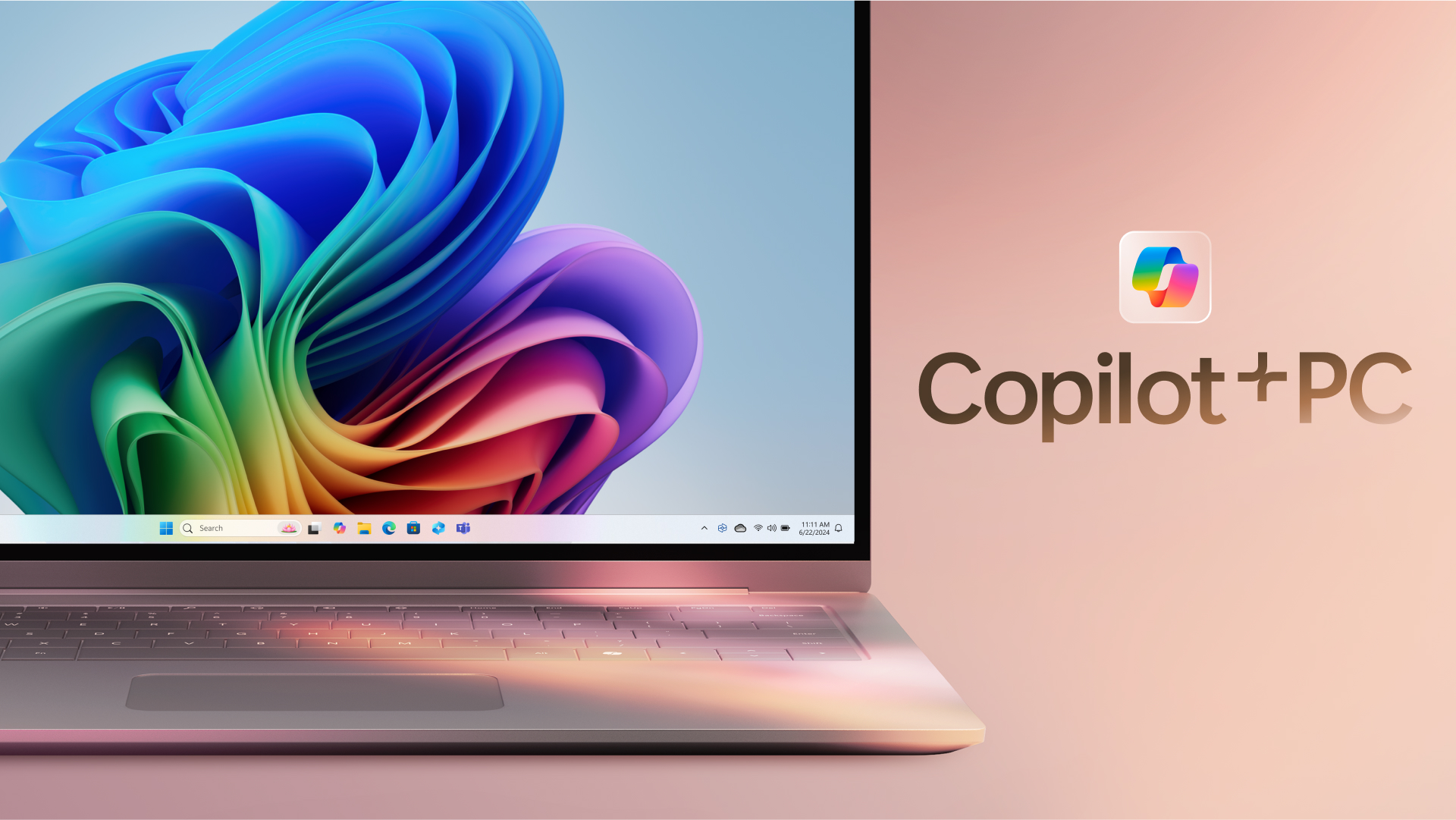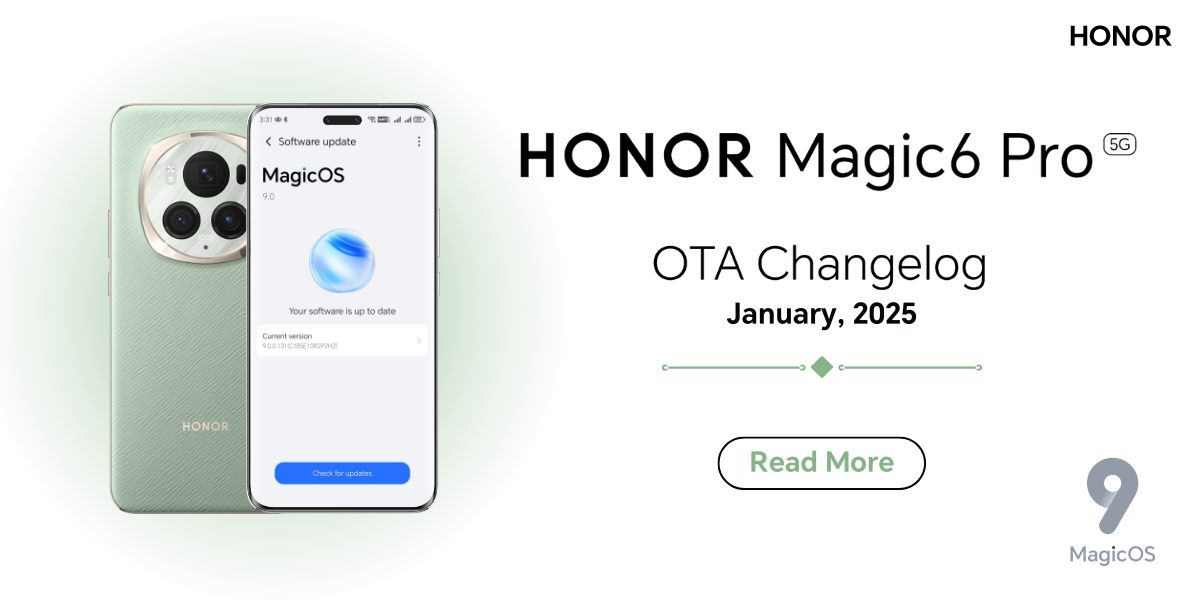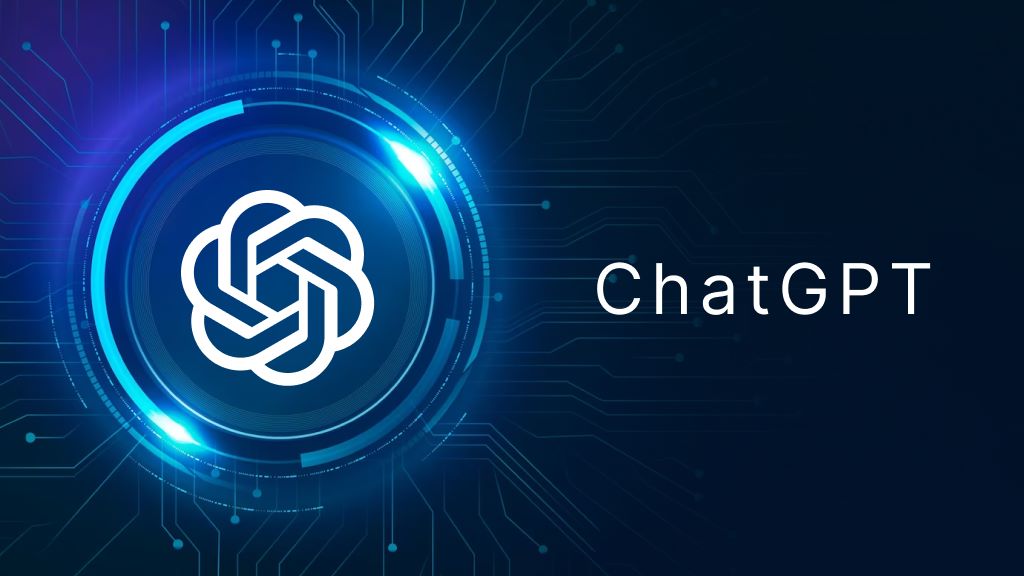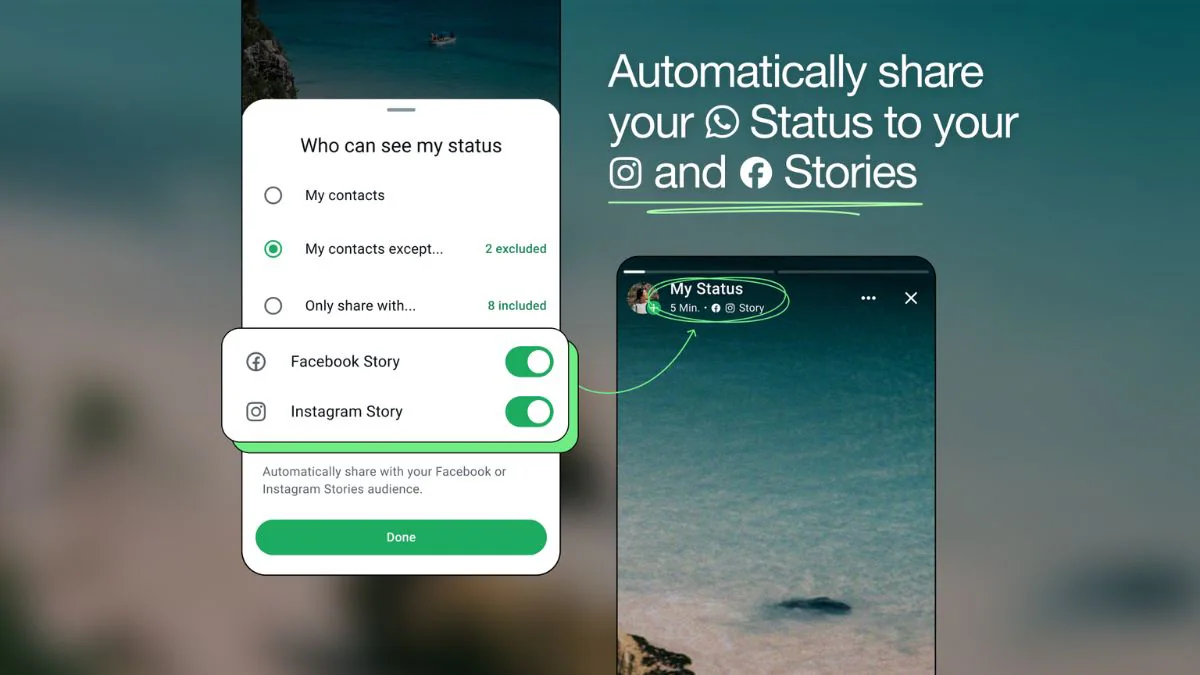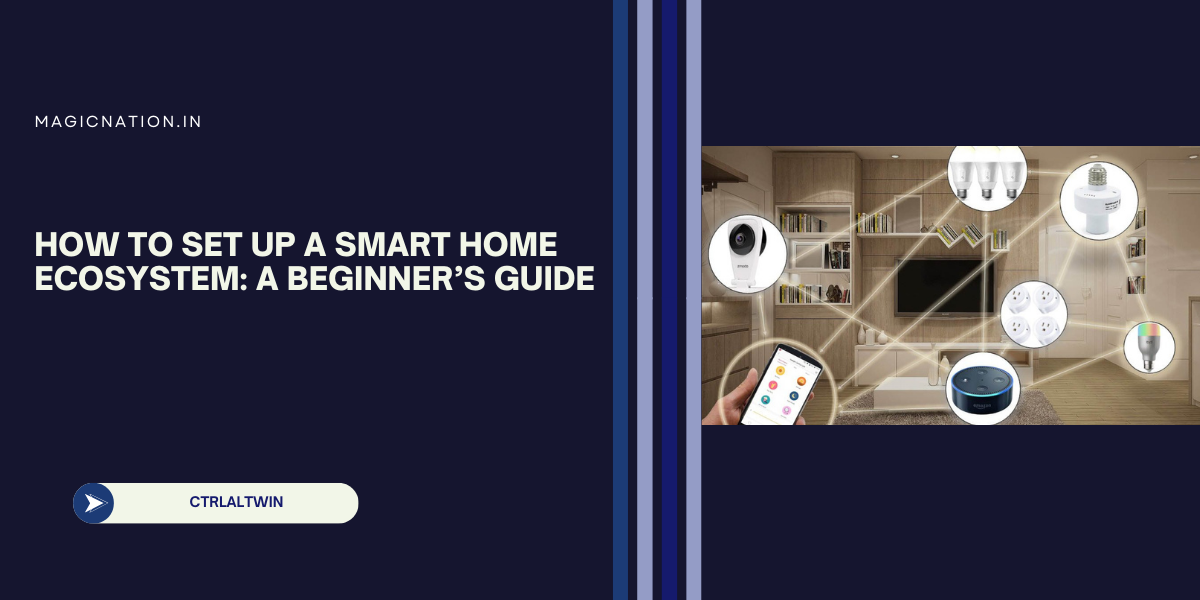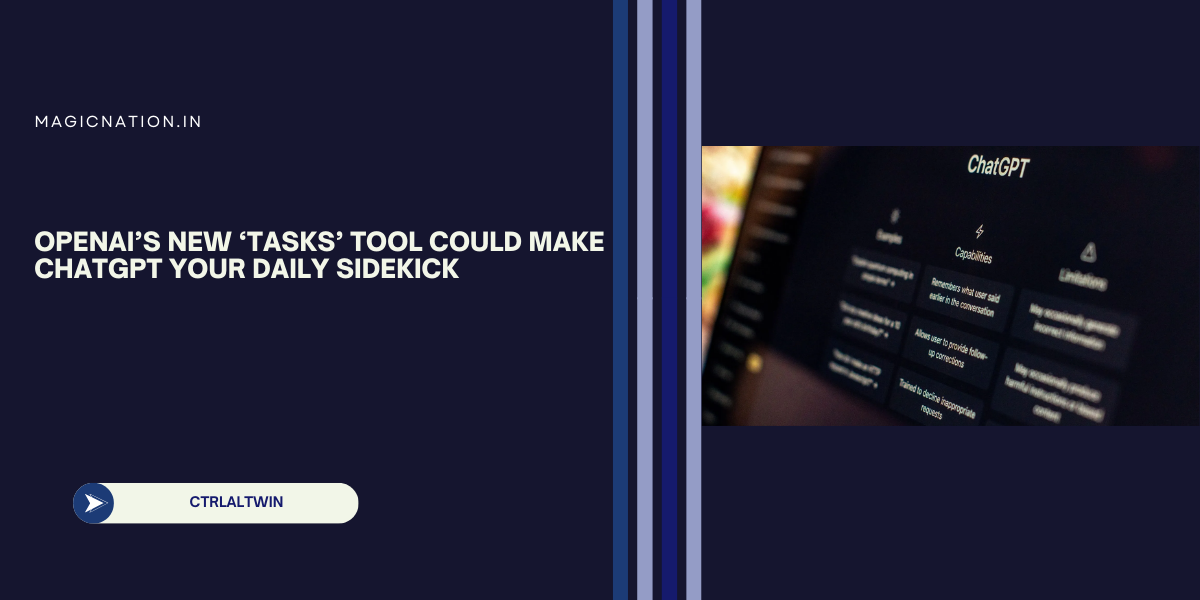
Meta’s AI Search Engine: What’s Known So Far
Meta has allegedly established a dedicated team focused on building this AI-powered search engine. According to The Information, the company has been deploying a considerable number of web crawlers, a common tactic to gather and rank information from various sources across the web. This signals an effort to collect vast quantities of data, which would be essential for ranking content in response to search queries, much like how Perplexity, an AI-driven search engine competitor, structures its platform.
While The Information’s report doesn’t delve into specific features or the AI model Meta might deploy, it’s speculated that this search engine could operate similarly to Perplexity’s. By curating and simplifying information from various sources, Meta’s tool may offer users a straightforward, easy-to-read search output, perhaps enhanced by a virtual “avatar.”
Why an AI Search Engine? Meta’s Strategy
Currently, Meta’s AI chatbot depends on Google Search and Microsoft Bing to source information from the web. Relying on these external search engines, however, comes with hefty API request costs, which can escalate due to high-volume query handling. A proprietary search engine would reduce these expenses and boost data autonomy, empowering Meta to control and fine-tune its AI’s web-sourced information.
There’s also the potential of broader implications for Meta’s platform, considering that monetization of its AI chatbots remains unexplored territory. Developing an AI search engine may lay the groundwork for new revenue models, possibly involving AI-driven ads or subscription options for advanced search functionalities. Still, with no official confirmation, it remains unclear whether Meta plans to launch a dedicated search engine or simply use the technology to supplement existing platforms and tools.
NotebookLlama: Meta’s Latest AI Release
In tandem with its search engine development, Meta recently launched NotebookLlama, an open-source podcast generation tool. With audio-focused features, NotebookLlama aims to compete with Google’s NotebookLM, showcasing Meta’s interest in expanding its AI offerings beyond text-based interaction. Although details are scarce, this tool is believed to leverage Meta’s advanced language models, targeting podcast enthusiasts and content creators who seek streamlined audio content generation.
Looking Ahead
While an official launch date for Meta’s AI search engine remains unannounced, reports suggest that development has been underway for the past eight months. As Meta’s AI ecosystem grows, this new tool could soon become a significant component of its suite of services, reducing its dependency on Google and Bing for real-time search capabilities.
The industry awaits further updates from Meta on its potential entry into the AI search engine arena. If successful, the move could position Meta as a formidable competitor in the AI search landscape, setting the stage for more advanced and independent AI functionalities across its platforms.
Stay tuned for more updates on Meta’s AI-powered innovations.


